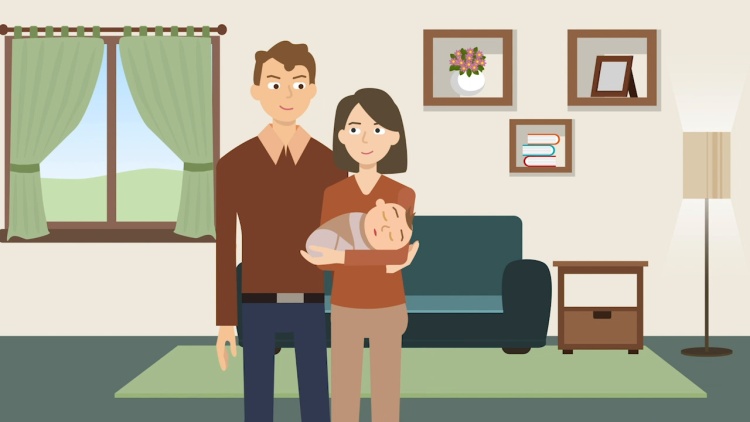Cook v. Equitable Life Assurance Society
Indiana Court of Appeals
428 N.E.2d 110 (1981)

- Written by Christine Raino, JD
Facts
Douglas Cook bought a life-insurance policy from Equitable Life Assurance (Equitable) (plaintiff) while he was married to Doris Combs (defendant). The policy named Doris as beneficiary. Years later, Douglas and Doris divorced. The divorce decree did not mention the life-insurance policy but did provide that the agreement served as full satisfaction of all claims between the two. Douglas then married Margaret Cook (defendant), with whom he had a son named Daniel (defendant). The terms of the life-insurance policy provided that Douglas could only change the beneficiary by providing written notice to Equitable, but Douglas gave no such notice. Douglas did, however, execute a holographic will. The will provided that the life-insurance policy from Equitable was to go to Margaret and Daniel. Douglas died three years later. Margaret made a claim on the policy. Instead of paying Margaret, Equitable filed an interpleader action for a determination of who was entitled to the proceeds of the policy and deposited the funds with the court. The trial court entered summary judgment in favor of Doris, and Margaret and Daniel appealed to the Indiana Court of Appeals, arguing that they were entitled to the life-insurance policy on the basis of Douglas’s will, despite the fact that Douglas had not complied with the policy requirements for changing the beneficiary.
Rule of Law
Issue
Holding and Reasoning (Ratliff, J.)
What to do next…
Here's why 907,000 law students have relied on our case briefs:
- Written by law professors and practitioners, not other law students. 47,100 briefs, keyed to 996 casebooks. Top-notch customer support.
- The right amount of information, includes the facts, issues, rule of law, holding and reasoning, and any concurrences and dissents.
- Access in your classes, works on your mobile and tablet. Massive library of related video lessons and high quality multiple-choice questions.
- Easy to use, uniform format for every case brief. Written in plain English, not in legalese. Our briefs summarize and simplify; they don’t just repeat the court’s language.





